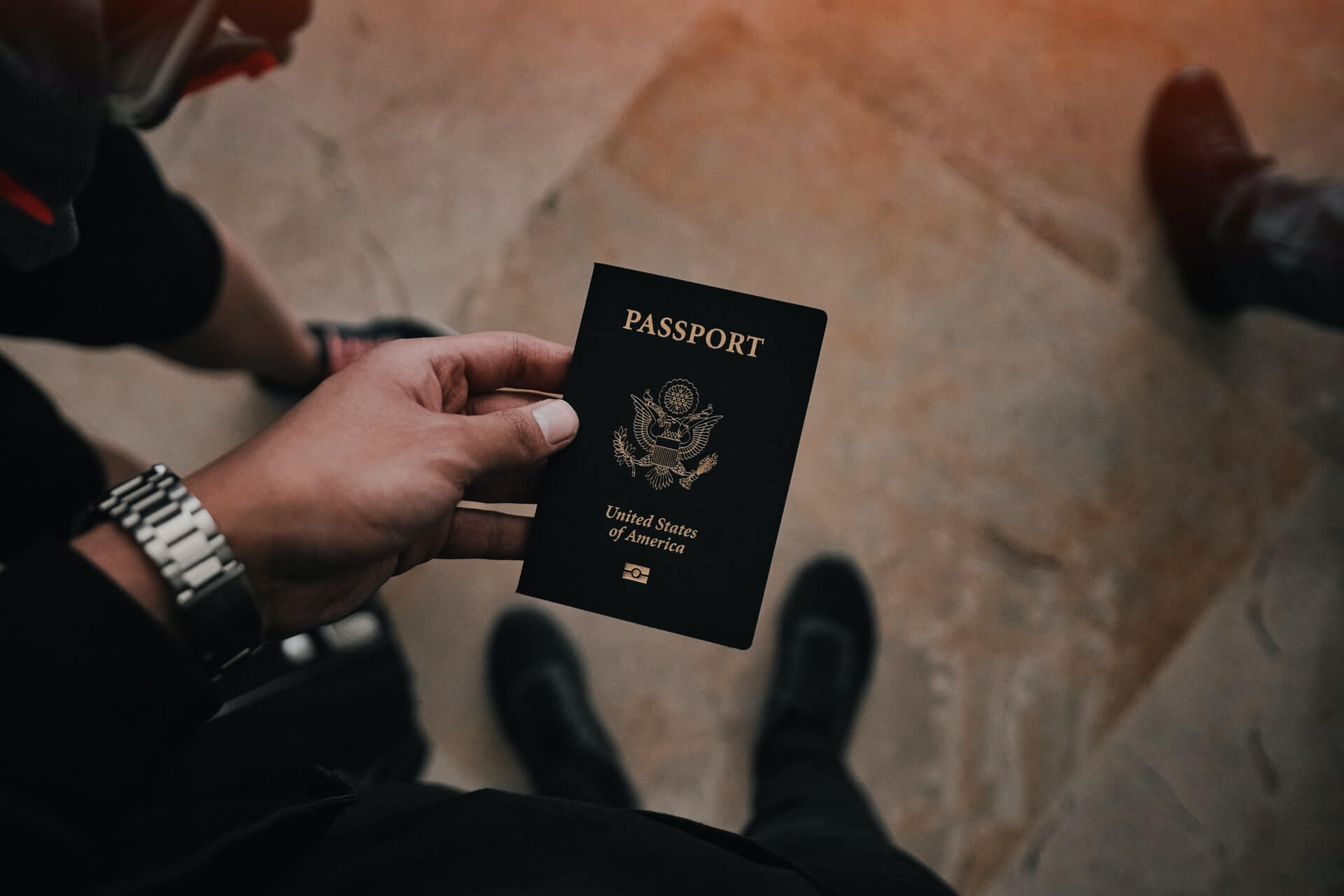Third-party Vaccine Passports on the Way
by David Klemt

Operators will likely have to further wade into politics if so-called “vaccine passports” become standard.
If recent reporting is accurate, several platforms will bring vaccine passports to market.
The hospitality, lodging and travel industries have been thrust into politics since for several years now. Unfortunately, the pandemic has only made the situation more precarious.
Dangerous Waters
For many operators, navigating today’s politically-charged atmosphere is an unwelcome development.
It’s bad enough that hospitality, lodging and travel have been thrown into utter chaos for well over a year. America and Canada have lost tens of thousands of restaurants and bars. Operators able to survive have lost millions of workers.
Too many people have lost jobs, savings, homes, and any sense of stability in their lives. Mental health, as a result, is on the decline for many people.
Unfortunately, all of those awful things are being exacerbated by politics. In America in particular (if reports are accurate), politics have severely divided the country.
Covid-19 safety protocols were politicized immediately. Restaurant, bar, hotel and travel workers found themselves playing pandemic police, putting them in dangerous situations.
If vaccine passports become standard, operators will find themselves deeper in the political quagmire. Workers will likely face a greater risk for confrontations with hostile guests.
What’s a Vaccine Passport?
In short, a vaccine passport is a way for someone to prove they’ve received a Covid-19 vaccine.
Per recent reports, the Biden administration has said they have no plan to implement federal vaccine passports.
However, several states have already banned this form of proof of vaccination. These include: Alabama, Arizona, Arkansas, Florida, Georgia, Idaho, Indiana, Iowa, Montana, North Dakota, South Carolina, South Dakota, Texas, Utah (but private companies can require workers to get vaccinated), and Wyoming.
So far, two states—Hawaii and New York—have implemented vaccine passports. As far as the other states, vaccine passports are not a requirement or haven’t been banned yet.
New York’s vaccine passport, Excelsior Pass, was developed by IBM. A vaccinated New York resident downloads the app, a business owner downloads the scanner app, and vaccination status can be confirmed. Similar apps are believed to be in the works.
Again, however, many states have banned these apps.
What Does this Mean for Businesses?
If vaccine passports are banned fully where an operator does business, the decision has been made for them.
However, some bans relate only to government entities—businesses can require proof of vaccination.
And if a state doesn’t prohibit vaccine passports at all? The situation can be even more challenging for operators.
Operators eager to protect their workers and guests from infection may welcome vaccine passports. Some operators may feel these passports are an invasion of privacy and reject them. Still others may view them as a potential source for harassment and discrimination.
Should an operator require vaccine passports, they should expect backlash that could directly impact business. Operators who prohibit the use the vaccine passports may be viewed as “irresponsible” and also face backlash
Once again, the pandemic has put operators in several industries in no-win situations. Operators should consider their vaccine passport plan and the messaging around it now.
Image: Levi Ventura on Unsplash

